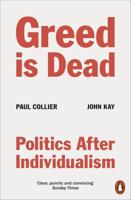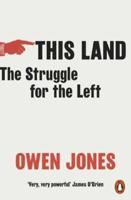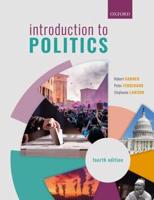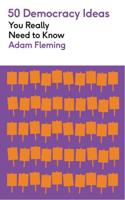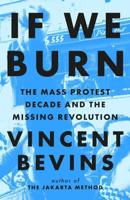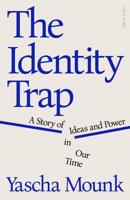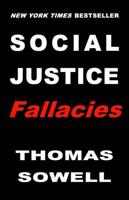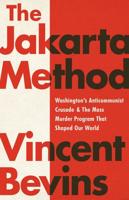Publisher's Synopsis
Engaging with a range of interconnected and highly topical issues of identity, self-determination and secession, this book examines the import and implications of 'identity claims', and looks into 'identity politics' motivated by such claims, which is becoming ever more salient in democratic and culturally and ethnically heterogeneous states. It discusses nationalism as an important component of identity of individuals and groups, and a position that generates claims of self-determination and secession on the part of ethnic and cultural groups. It also examines patriotism, which until recently seemed to be on the wane, but has undergone a dramatic revival after the terrorist attacks in the US on 11 September 2001 and the start of a global 'war on terror'. The book offers a typology of facets of patriotism, an assessment of its moral standing, and a critique of the beliefs about the patria it characteristically involves. Also discussed are topics such as political liberalism vs. 'identity liberalism', the ways a liberal society should treat nonliberal communities within it, the role of heritage and remembrance in national identity, the status of national minorities as an issue of equality, arrangements concerning indigenous peoples and intrastate autonomy as an alternative to secession, and whether secession can be a legal act. The book includes contributions by prominent philosophers and political and legal theorists from Australia, Canada, Israel, and the United States.


